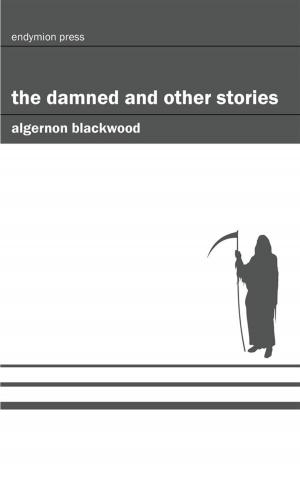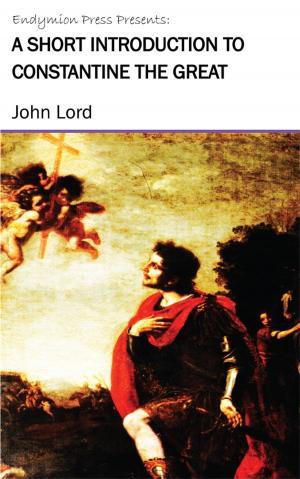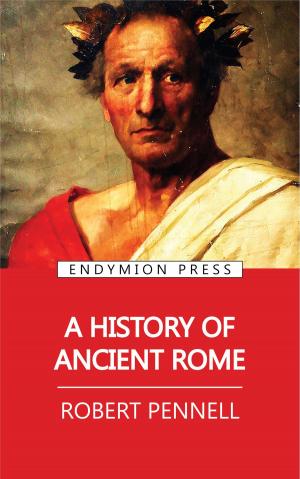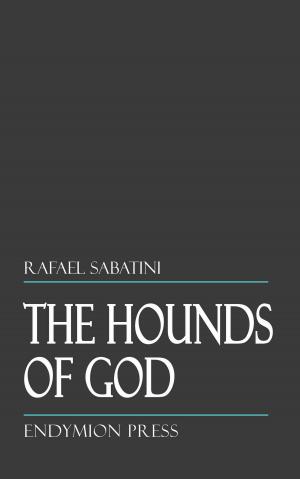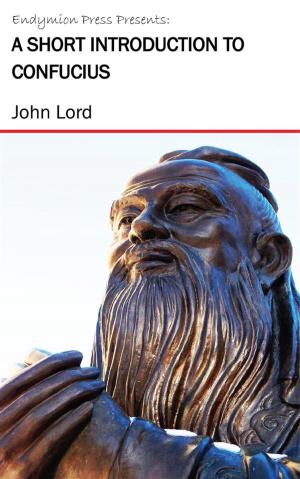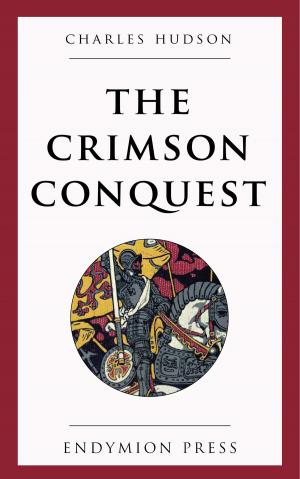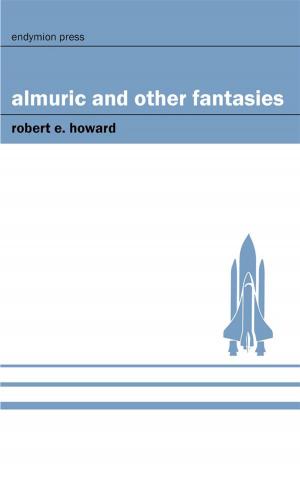| Author: | John Lord | ISBN: | 9781537825304 |
| Publisher: | Endymion Press | Publication: | April 22, 2017 |
| Imprint: | Language: | English |
| Author: | John Lord |
| ISBN: | 9781537825304 |
| Publisher: | Endymion Press |
| Publication: | April 22, 2017 |
| Imprint: | |
| Language: | English |
The Middle Ages produced no more interesting man than Anselm, Abbot of Bec and Archbishop of Canterbury,--not merely a great prelate, but a great theologian, resplendent in the virtues of monastic life and in devotion to the interests of the Church. He was one of the first to create an intellectual movement in Europe, and to stimulate theological inquiries. Anselm was born at Aosta, in Italy, 1033, and he died in 1109, at the age of 76. He was therefore the contemporary of Hildebrand, of Lanfranc, of Bérenger, of Roscelin, of Henry IV. of Germany, of William the Conqueror, of the Countess Matilda, and of Urban II. He saw the first Crusade, the great quarrel about investitures and the establishment of the Normans in England. Aosta was on the confines of Lombardy and Burgundy, in a mountainous district, amid rich cornfields and fruitful vines and dark, waving chestnuts, in sight of lofty peaks with their everlasting snow. Anselm belonged to a noble but impoverished family; his father was violent and unthrifty, but his mother was religious and prudent. He was by nature a student, and early was destined to monastic life,--the only life favorable to the development of the intellect in a rude and turbulent age. I have already alluded to the general ignorance of the clergy in those times. There were no schools of any note at this period, and no convents where learning was cultivated beyond the rudiments of grammar and arithmetic and the writings of the Fathers. The monks could read and talk in Latin, of a barbarous sort,--which was the common language of the learned, so far as any in that age could be called learned...
The Middle Ages produced no more interesting man than Anselm, Abbot of Bec and Archbishop of Canterbury,--not merely a great prelate, but a great theologian, resplendent in the virtues of monastic life and in devotion to the interests of the Church. He was one of the first to create an intellectual movement in Europe, and to stimulate theological inquiries. Anselm was born at Aosta, in Italy, 1033, and he died in 1109, at the age of 76. He was therefore the contemporary of Hildebrand, of Lanfranc, of Bérenger, of Roscelin, of Henry IV. of Germany, of William the Conqueror, of the Countess Matilda, and of Urban II. He saw the first Crusade, the great quarrel about investitures and the establishment of the Normans in England. Aosta was on the confines of Lombardy and Burgundy, in a mountainous district, amid rich cornfields and fruitful vines and dark, waving chestnuts, in sight of lofty peaks with their everlasting snow. Anselm belonged to a noble but impoverished family; his father was violent and unthrifty, but his mother was religious and prudent. He was by nature a student, and early was destined to monastic life,--the only life favorable to the development of the intellect in a rude and turbulent age. I have already alluded to the general ignorance of the clergy in those times. There were no schools of any note at this period, and no convents where learning was cultivated beyond the rudiments of grammar and arithmetic and the writings of the Fathers. The monks could read and talk in Latin, of a barbarous sort,--which was the common language of the learned, so far as any in that age could be called learned...

